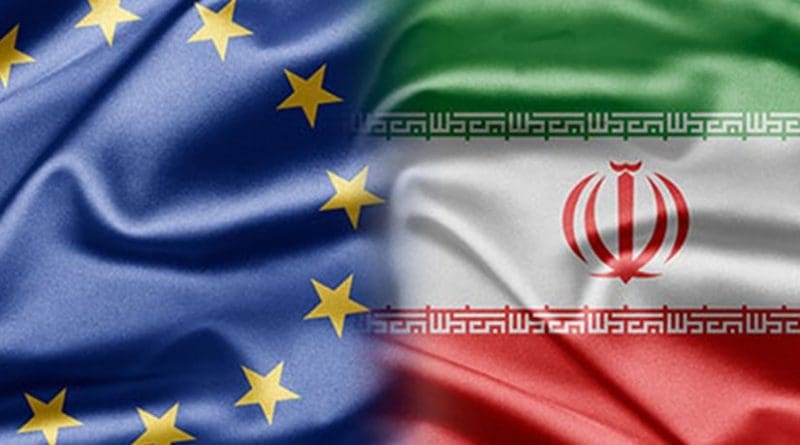European Commission Adopts Support Package For Iran, Focus On Private Sector
The European Commission on Thursday adopted a first package of €18 million for projects in support of sustainable economic and social development in the Islamic Republic of Iran, including €8 million assistance to the private sector.
The projects are the first of a wider package of €50 million for Iran, aiming to support the country to address key economic and social challenges. They are part of the renewed cooperation and engagement between the European Union and Iran following the conclusion of the Joint Comprehensive Plan of Action (JCPOA).
High Representative/Vice-President Federica Mogherini said: “Since the renewal of the EU-Iran relations as a result of the Iran nuclear deal, cooperation has developed in many sectors. We are committed to sustain it and this new package will widen economic and sectoral relations in areas that are of direct benefit to our citizens”.
Commissioner for International Cooperation and Development, Neven Mimica, said: “With these measures, the EU demonstrates its support to the Iranian people and their peaceful and sustainable development. It encourages stronger involvement of all actors in Iran and in particular the private sector.”
Activities supporting the private sector will include support to high-potential Iranian Small and Medium-sized Enterprises (SMEs), the development of selected value chains, and technical assistance to Iran’s Trade Promotion Organisation.
As part of the €18 million, the Commission will also provide technical support in the area of environmental challenges for €8 million and support drug harm reduction for €2 million.
The projects will be implemented by the International Trade Centre, EU Member State agencies, and other organisations in close cooperation with Iranian counterparts.
The Joint Comprehensive Plan of Action (JCPOA), Iran nuclear deal, concluded on 14 July 2015, opened the way for a new chapter in EU-Iran relations. A high level EU delegation – High Representative/Vice-President Mogherini and seven Commissioners – visited Tehran in this context in April 2016 and since then the cooperation has evolved in various sectors ranging from economic cooperation, transport and energy to education and culture, as well as global challenges such as climate change, drugs, migration and refugee flows.
Cooperation between the EU and Iran in these sectors involves high-level dialogues, technical exchanges and concrete projects. This includes support to Iran’s national nuclear regulatory authority and the Bushehr nuclear power plant. The Commission also assists Iran since 2001 by providing support to the education, health care, and job opportunities benefitting the 3.5 million Afghan refugees and migrants residing in the country.

